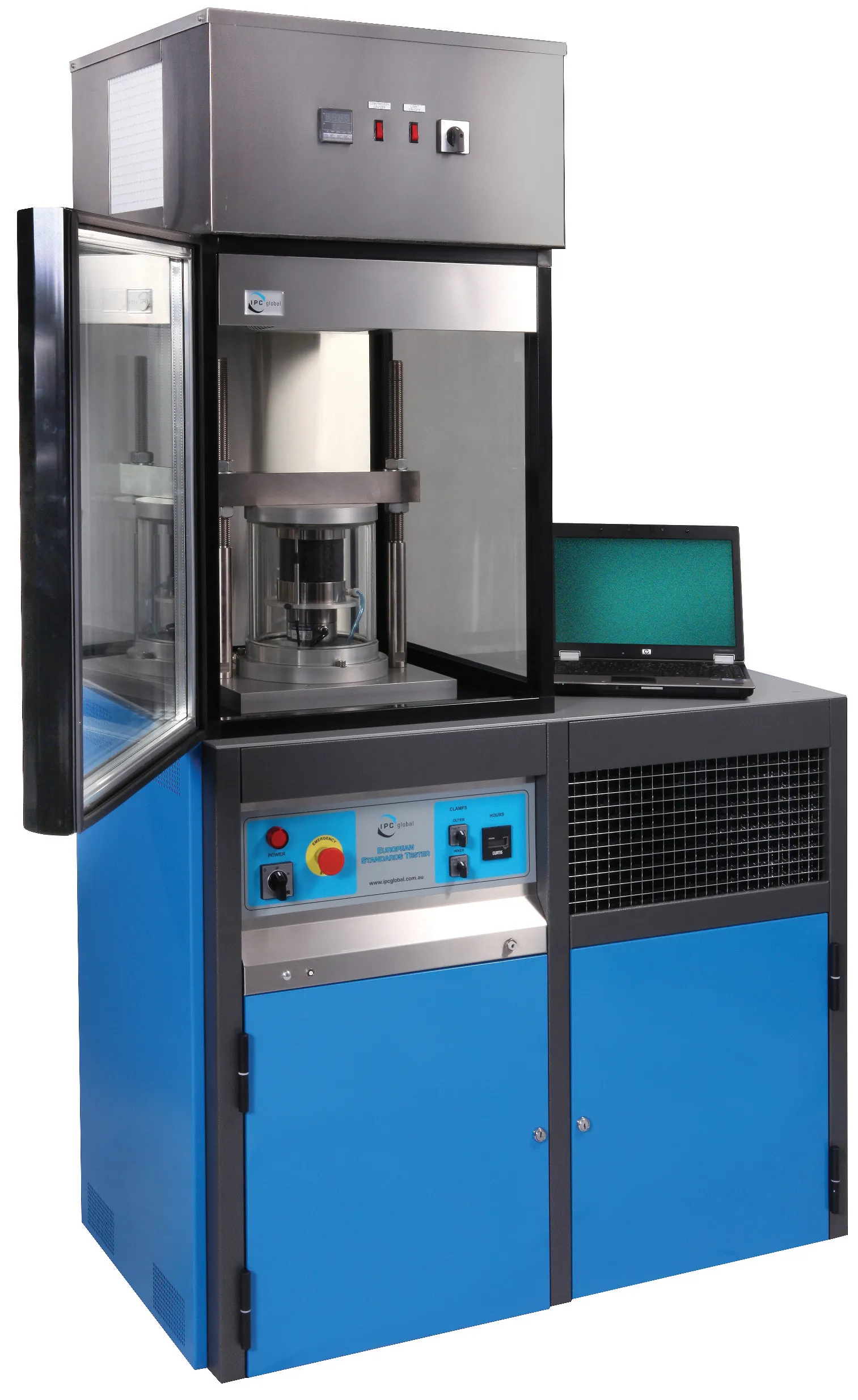
The MC 25 and MC30 have loading capacities of 2.5 tonnes and 3 tonnes respectively, and are 1.45m wide with ground clearances of 30cm for easy manoeuvrability around works sites. The forklifts have maximum speeds of 25 km/h and have been certified as roadworthy, so they can be used over long distances. Users do not have to raise the whole cabin to get at the engine but can access components via a cover behind the seat for easy maintenance.
Manitou had a turnover of €1.6 billion in 2017 – a rise of 19% over the previous year, said Michel Denis, Manitou chief executive officer and president. Speaking at Intermat, he said that 80% of the company's sales are now outside France. Manitou recently opened a new R&D test centre capable of putting its products through the equivalent of 10,000 hours of operation – part of the company's drive to ensure the reliability of its machines, he added.









